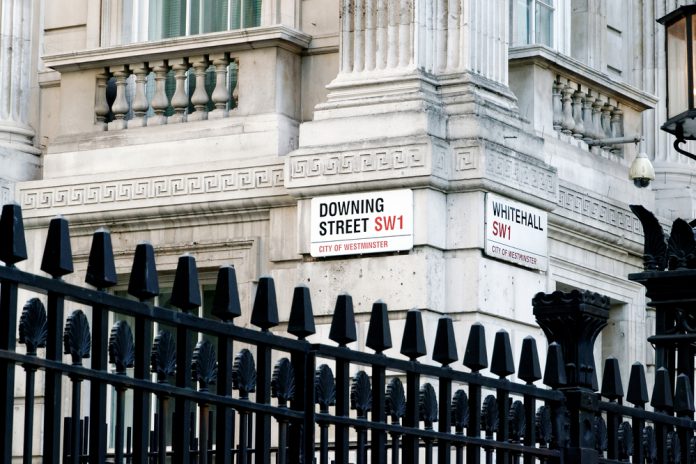A leaked internal document has suggested the government has found itself ‘overwhelmed’ by Brexit, putting additional pressure on Theresa May to demonstrate leadership.
The memo reportedly highlighted May’s tendency to “draw in decisions and settle matters herself”, which was deemed an untenable stance if negotiations are to progress. The document allegedly reveals that the complicated nature of the process of leaving the European Union (EU) had overwhelmed the government, as it continues to tackle around 500 projects relating to the EU alone. The civil service will necessitate an expansion of around 30,000 additional employees to cope with the increasingly expanding workload brought on by Brexit.
In addition, the memo documented the presence of internal divisions between key officials. Chancellor Phillip Hammond, Foreign Secretary Boris Johnson and International Trade Minister Liam Fox are reportedly at odds over the most effective path post Article 50. The memo underlines the lack of “common strategy” or consensus in regards to initiating the process of withdrawing from the European Union. However, in an interview with BBC Radio 4, Transport Secretary Chris Grayling denied any evidence of extra strain on Whitehall personnel or drifts within the cabinet:
“I have not seen anything to suggest that is the case. We have got people in my department [and] in other departments working with the Brexit department. I don’t know what 30,000 extra people would do.”
According to the constitutional convention of collective ministerial responsibility, Members of Parliament must publicly support all Government policies – even in they case of private disagreement – making it unremarkable that Grayling denied claims of incompetency on the part of his government.
Suggestions that the government lacks direction do not stop there. The proposed bill for the upcoming compulsory parliamentary debate on Brexit negotiations is said to be extremely vague, comprised of just three lines. This has furthered concern that Theresa May’s government has little idea on how to proceed with exiting the union, despite the projection of competence during her Conservative party leadership bid.
It has nonetheless been suggested that signs of uncertainty may be a form og political maneuvering designed to make it more difficult for MPs to challenge its stance. The concise document will no doubt make it harder to pick the bill apart and hold May accountable. In recent months, Labour MPs – as well as members of May’s own party – have increasingly called upon the Prime Minister to clarify her proposed plan of action in the interest of ensuring a more collaborative process. Thus far, this has been of little success.
The government was dealt with a major setback earlier in October, when a high court ruled that the process for triggering Article 50 must be debated in Parliament. Prime Ministers Questions takes place today in the Commons.

